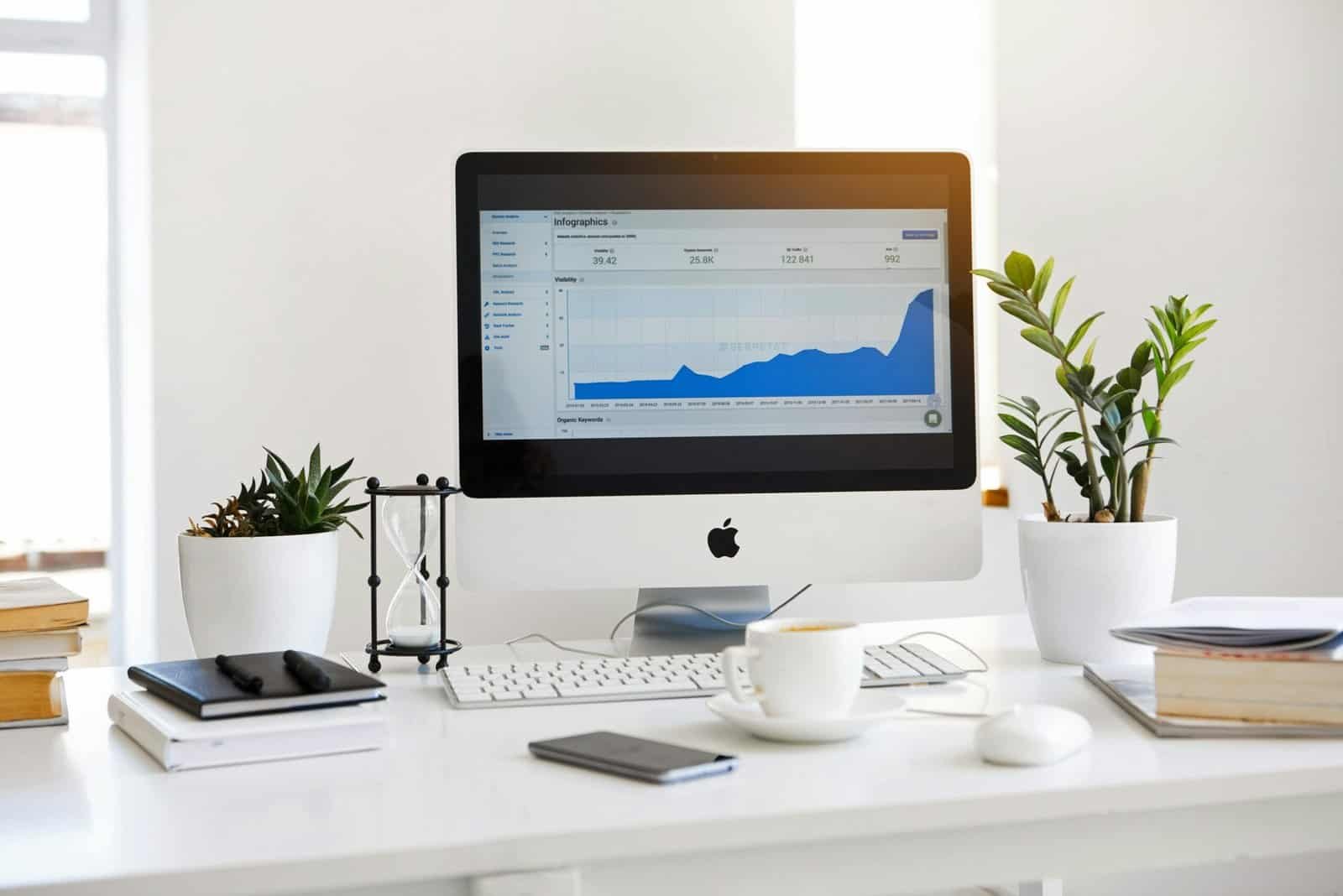Have you ever wondered what it takes to become a successful freelance data analyst, and how you can transform raw data into meaningful insights and reports that guide important decisions? As you navigate this exciting career path, you’ll discover that blending analytical skills with creativity can make a significant difference in the world of data analysis.
Understanding the Role of a Freelance Data Analyst
In a world driven by data, the role of a freelance data analyst has become more prominent than ever. This role involves analyzing data and converting it into insights that can influence decisions. Freelancers have the flexibility to work with multiple clients across various industries, making the role as diverse as it is engaging.
What Does a Data Analyst Do?
At the heart of data analysis is the ability to transform complex datasets into understandable and actionable insights. You’ll be responsible for collecting, processing, and interpreting data to answer specific questions or solve problems posed by your clients. This involves using statistical tools, creating visualizations, and writing reports that present data in a compelling way.
Why Choose a Freelance Path?
The freedom and flexibility that come with freelancing cannot be overstated. You have the power to choose your projects, set your rates, and manage your time. Plus, working as a freelancer allows you to cross paths with diverse industries and challenges, continually expanding your skill set and knowledge.
Essential Skills for a Freelance Data Analyst
To thrive as a freelance data analyst, certain skills become indispensable. While some skills are technical, others focus on communication and business acumen. Let’s break down the essential skills that you should cultivate.
Technical Skills
Data Analysis Tools: Proficiency in tools such as Python, R, SQL, and Excel is crucial. These tools allow you to manage and manipulate large datasets efficiently.
Data Visualization: Being able to present data visually with tools like Tableau or Power BI is invaluable. Great visualizations make data more accessible and understandable to non-technical stakeholders.
Statistical Knowledge: A good grasp of statistics helps in making informed decisions and predictions based on data trends.
Soft Skills
Communication: As a data analyst, your findings need to be communicated clearly and effectively. Good communication ensures that your insights are understood and actionable.
Problem Solving: Analytical thinking and problem-solving skills enable you to tackle challenges and find innovative solutions.
Time Management: Freelancing requires excellent time management. Balancing multiple projects and deadlines requires organizing your workload efficiently.

Navigating the Freelance Landscape
Entering the freelance market involves more than just honing your skills. It requires understanding the freelance landscape and knowing how to position yourself successfully.
Building a Portfolio
A strong portfolio is your gateway to attracting clients. Your portfolio should showcase your best work, highlighting diverse projects and your problem-solving prowess. Include case studies with outcomes and methodologies that illustrate your analytical abilities.
Networking and Finding Clients
Networking can open doors to new opportunities. Engaging in professional communities, attending industry conferences, and creating a compelling online presence on platforms like LinkedIn can help you connect with potential clients. Additionally, freelance platforms such as Upwork or Fiverr can be excellent places to start.
Pricing Your Services
Determining your rates can be challenging. Consider your experience, the complexity of the projects, and the value you bring to clients. Research industry standards, and don’t be afraid to adjust your rates as you gain more experience and expertise.
Conducting Effective Data Analysis
Performing effective data analysis involves understanding the problem, collecting the relevant data, and processing it meticulously. Each step of the process needs to be approached methodically to ensure your insights are accurate and valuable.
Understanding Client Needs
Start by engaging with your clients to fully understand their needs and objectives. What questions are they trying to answer? What decisions will your analysis inform? A clear understanding of these aspects forms the foundation of insightful analysis.
Data Collection and Cleaning
Once you understand the client’s needs, focus on data collection. This might involve extracting data from databases, scraping websites, or using APIs. After collection, data cleaning ensures accuracy; this involves handling missing values, correcting errors, and ensuring consistency.
Analysis and Insights
The analysis phase is where your technical skills shine. Using statistical models, algorithms, or exploratory data analysis, you generate insights. Make sure these insights align with the client’s objectives.
Reporting and Visualization
The final step is presenting your findings. Use visualizations and clear, concise language in reports to convey your insights. Effective reporting not only highlights your results but does so in a way that empowers clients to make informed decisions.

Challenges and How to Overcome Them
Every career has challenges, and freelancing is no different. However, anticipating these challenges and equipping yourself with strategies to overcome them can set you up for success.
Managing Multiple Projects
Juggling multiple projects can become overwhelming. Use project management tools to keep track of your tasks and deadlines. Setting clear boundaries and realistic timelines with clients also helps manage expectations.
Maintaining Client Relationships
Strong client relationships are the backbone of any successful freelance career. Communicate regularly, provide updates, and be responsive to feedback. This not only ensures client satisfaction but also increases the likelihood of repeat business and referrals.
Keeping Skills Updated
The field of data analytics is ever-evolving. Regular learning and development will keep you at the forefront. Attend webinars, take online courses, and engage with community forums to continually enhance your skills.
Tools and Resources
Leveraging the right tools and resources is key to being efficient and effective in your freelance data analysis work. Here’s a look at some must-have tools.
Analytical Tools
- Python and R: These programming languages are fundamental for data manipulation and statistical analysis.
- SQL: Essential for working with databases to extract and manage data.
Visualization Tools
- Tableau: A powerful tool for creating interactive visualizations.
- Power BI: Ideal for data visualization and business intelligence.
- Excel: A versatile tool for quick data analysis and visualization tasks.
Project Management Tools
- Trello or Asana: Helps in managing projects and deadlines.
- Slack: Great for communication and collaboration with clients or teams.

The Future of Freelance Data Analysis
The future of freelance data analysis looks promising, with a growing demand for data-driven insights. As more organizations recognize the power of data, opportunities for skilled analysts will increase. Let’s explore some trends that might shape the future of this field.
Big Data and AI Integration
The rise of big data and artificial intelligence represents an exciting frontier. Learning how to integrate AI into your workflow can enhance your analysis capabilities and provide deeper insights.
Increased Demand for Niche Experts
As industries become more data-driven, there’s a growing demand for analysts who specialize in specific domains, such as healthcare or finance. Specializing can differentiate you from the competition and position you as an expert in your chosen niche.
Emphasis on Real-Time Analysis
Real-time data analysis is becoming increasingly important as businesses strive to make immediate, informed decisions. Developing skills in real-time data processing and analytics will be a valuable asset.
Conclusion
Embarking on a career as a freelance data analyst offers a blend of challenge, freedom, and excitement. By honing your skills, building strong client relationships, and staying abreast of industry trends, you can carve out a successful path in this dynamic field. As you continue your journey, you’ll not only provide value to your clients but also witness the powerful impact of data-driven insights across industries.

